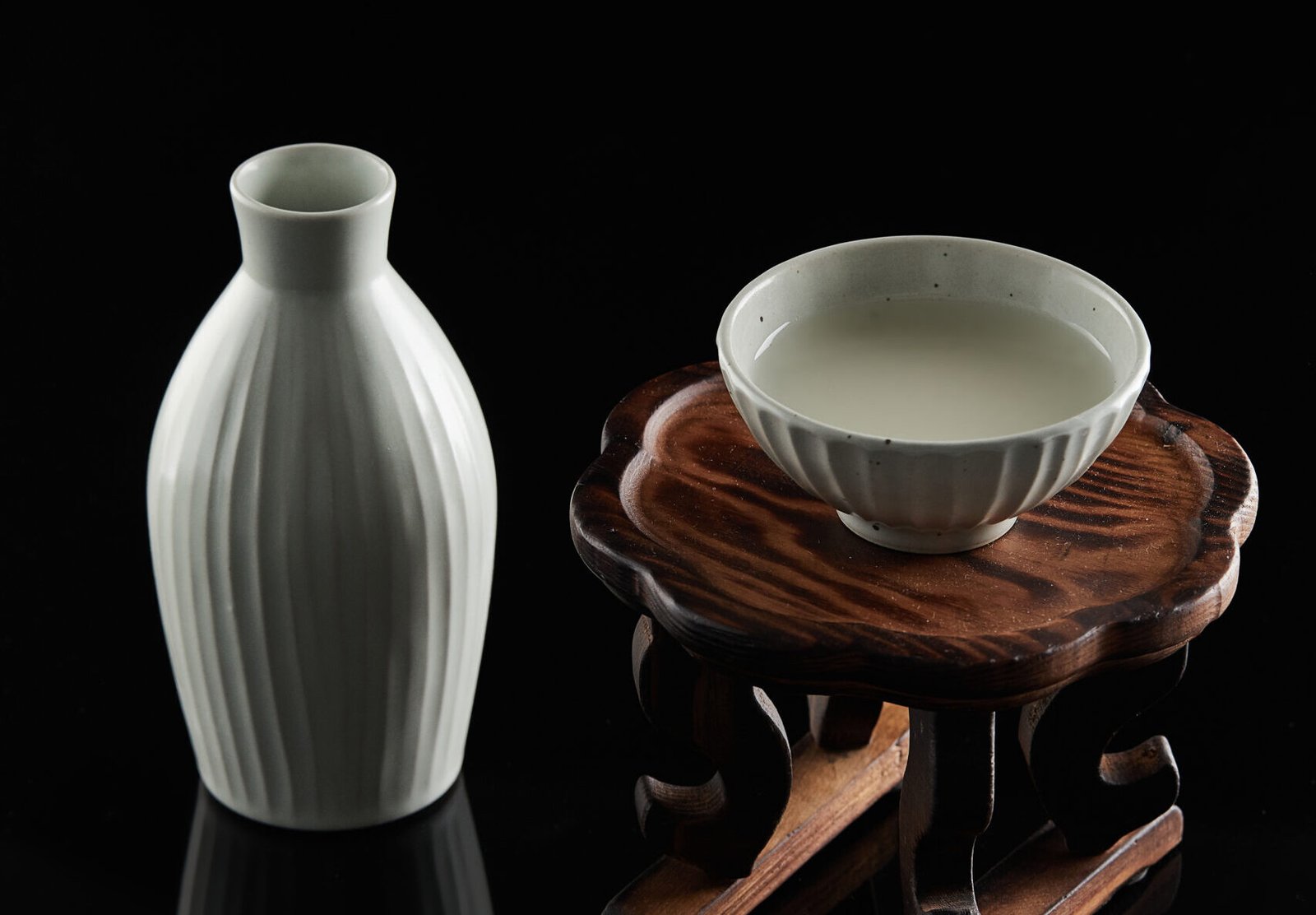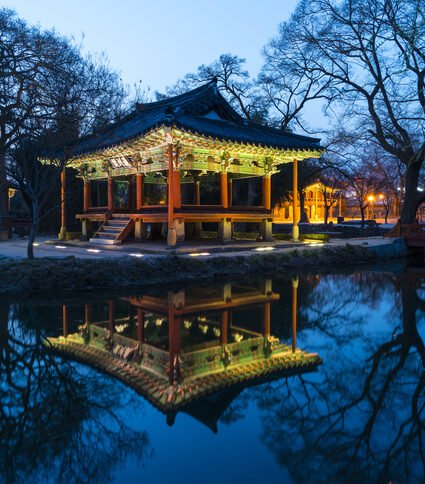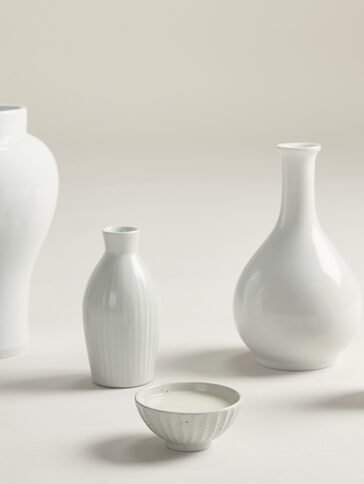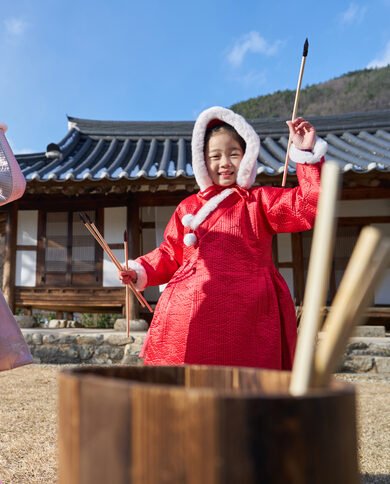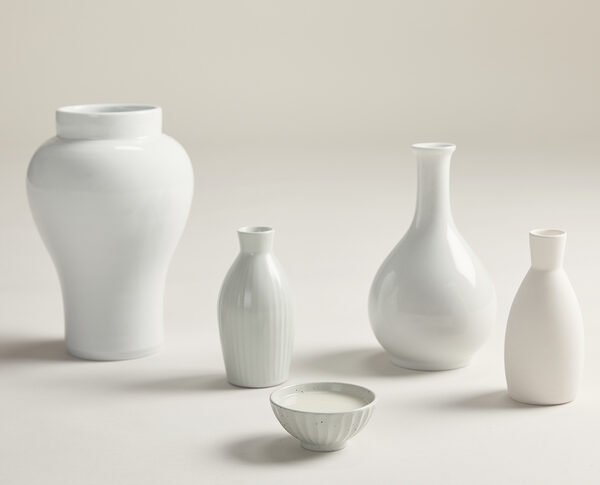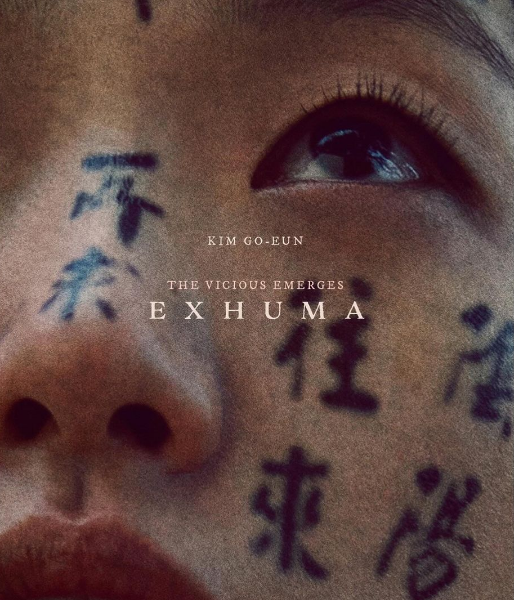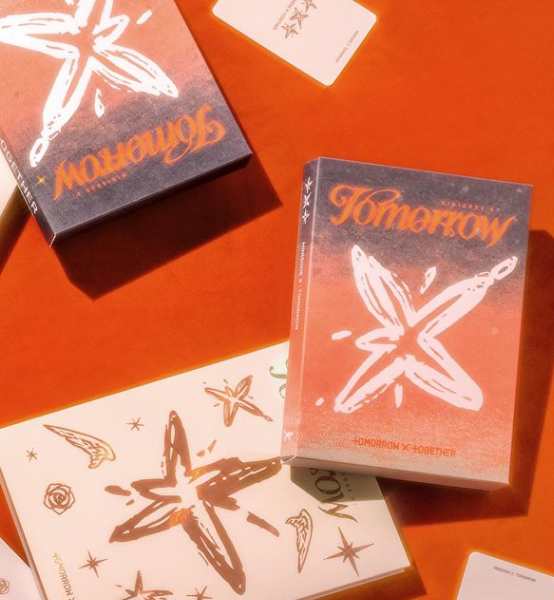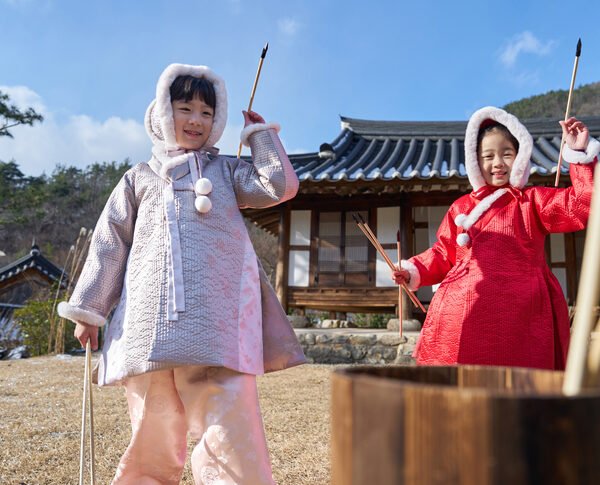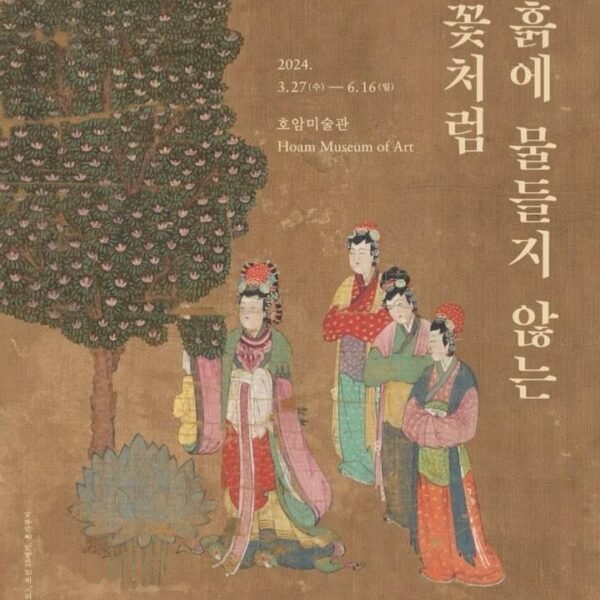Step into the world of Korean beverages with CNN’s guide to the best Korean drinks. Whether you’re in the mood for a refreshing non-alcoholic option or ready to explore the depths of Korea’s national liquor, Soju, this article has got you covered. Discover the unique flavors of Bokbunja ju, a blackberry wine, or indulge in the creaminess of Banana Milk. With a list of 20 interesting and delicious drinks, ranging from traditional teas like Omija and Chrysanthemum to unique concoctions like Sungnyung and Bacchus, this guide will transport you to the vibrant streets of Korea. Get ready for a tantalizing journey through the world of Korean drinks.
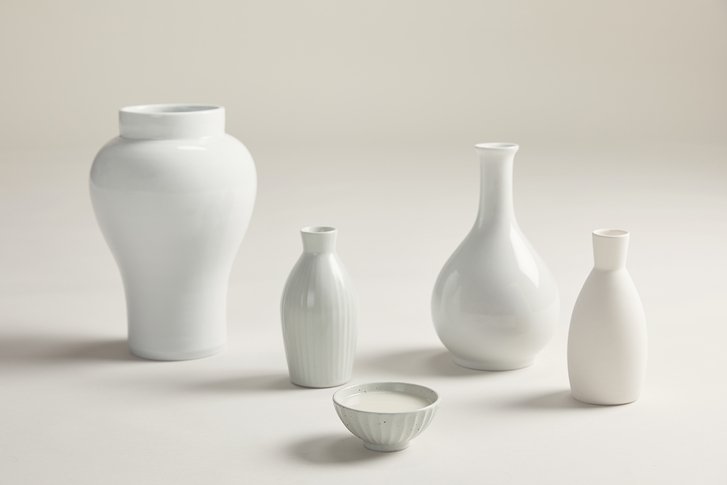
Alcoholic Korean Drinks
Soju
Soju is known as the national liquor of Korea and is one of the most popular alcoholic drinks in the country. It is a clear and colorless distilled spirit made from rice, wheat, barley, or sweet potatoes. Soju has a mild and smooth taste, with a slightly sweet and floral aroma. It is often enjoyed neat or mixed with other beverages to create refreshing cocktails. Soju has a relatively low alcohol content, usually around 20%, making it a favorite choice for social gatherings and parties.

Bokbunja ju
Bokbunja ju is a unique Korean alcoholic drink made from blackberries. It has a deep red color and a sweet, slightly tart taste. Bokbunja ju is often considered a dessert wine due to its rich and fruity flavor. It is typically enjoyed chilled and is a popular choice for special occasions and celebrations. Bokbunja ju is not as commonly consumed as other Korean alcoholic beverages, but it is definitely worth trying for its distinctive taste and beautiful presentation.
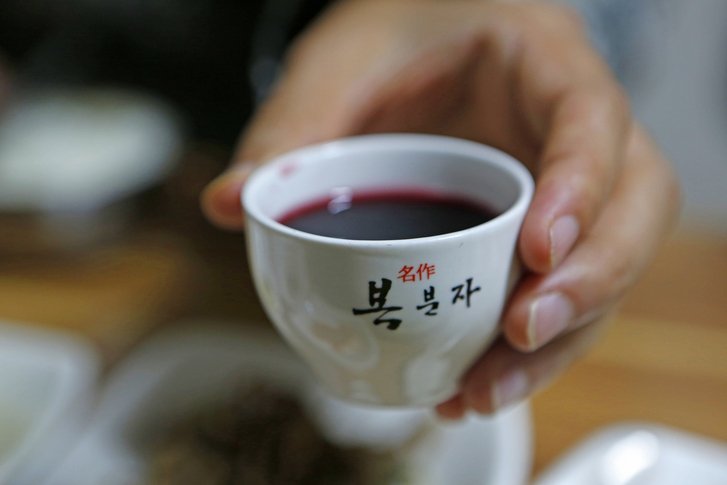
Makgeolli
Makgeolli is a traditional Korean rice wine that has been enjoyed for centuries. It is made from a mixture of rice, water, and nuruk (a fermentation starter). Makgeolli has a milky appearance and a slightly sweet and tangy taste. It is lightly carbonated, giving it a refreshing and effervescent quality. Makgeolli is often served in a traditional bowl and can be enjoyed at any time of the day. It pairs well with various Korean dishes and is a popular choice for those seeking a unique and traditional drinking experience.
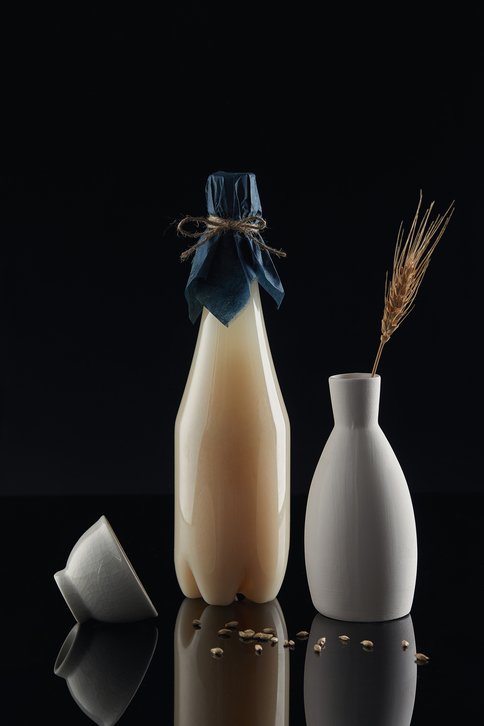
Cheongju
Cheongju is a clear and pure Korean liquor made from rice. It is similar to soju, but with a higher alcohol content and a smoother taste. Cheongju is often referred to as “pure rice wine” due to its high-quality ingredients and traditional production methods. It has a clean and crisp flavor profile, making it a versatile drink that can be enjoyed on its own or mixed into cocktails. Cheongju is often consumed during special occasions and is prized for its refined and elegant characteristics.
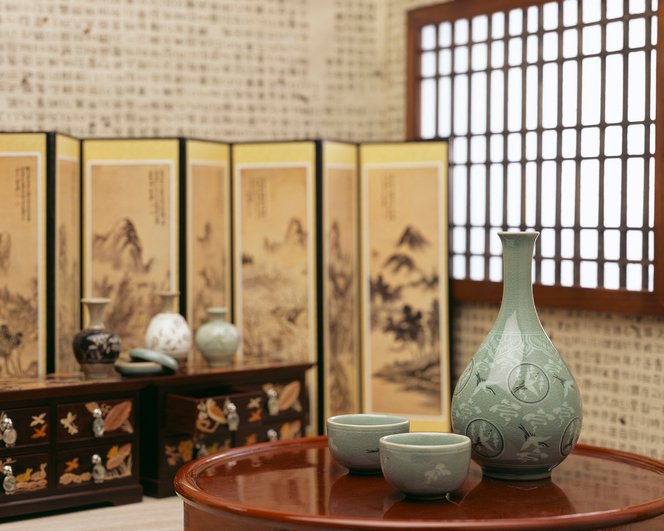
Baekseju
Baekseju is a traditional Korean herbal liquor that has a long history dating back to the Goryeo Dynasty. It is made from a blend of various medicinal herbs, including ginseng, ginger, and cinnamon. Baekseju has a yellow color and a complex flavor profile, with hints of sweetness and herbal notes. It is often served warm and is believed to have health benefits. Baekseju is a highly regarded drink in Korean culture and is often enjoyed as a digestif or a special treat.
Non-Alcoholic Korean Drinks
Banana Milk
Banana milk is a popular non-alcoholic Korean beverage that is loved by people of all ages. It is a sweet and creamy drink made from fresh milk and ripe bananas. Banana milk has a smooth and velvety texture, with a distinctive banana flavor. It is often enjoyed as a refreshing and nutritious snack or accompaniment to meals. Banana milk can be found in supermarkets and convenience stores throughout Korea and is a beloved staple in Korean households.
Omija tea
Omija tea, also known as five-flavor berry tea, is a unique and flavorful beverage made from the Omija fruit. The Omija fruit is known for its five distinct flavors – sweet, sour, bitter, salty, and spicy. When brewed into a tea, it creates a complex and well-balanced flavor profile. Omija tea is often enjoyed hot or cold, depending on personal preference. It is believed to have various health benefits and is known for its antioxidant properties. Omija tea is a popular choice for those seeking a refreshing and revitalizing drink.
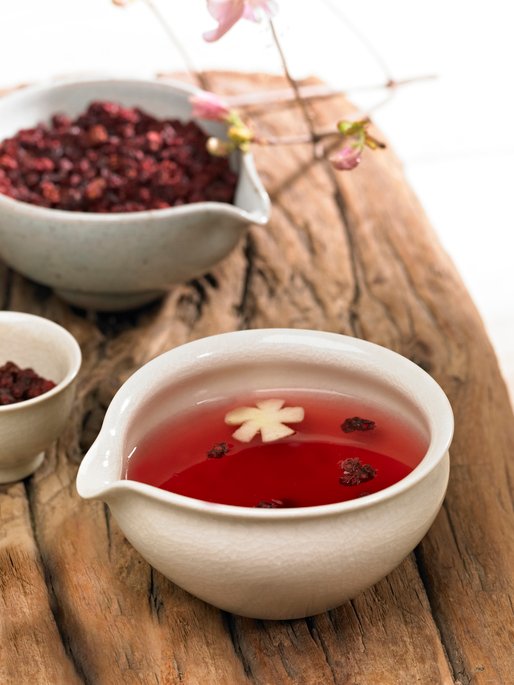
Citron tea
Citron tea, also known as yuzu tea, is a citrus-infused beverage that is commonly enjoyed in Korea. It is made from the juice and peel of the citron fruit, a type of aromatic citrus fruit with a distinct fragrance. Citron tea has a tart and tangy taste, with a slight bitterness. It is often served hot with honey, which balances out the tartness and adds a touch of sweetness. Citron tea is a popular choice during the winter months, as it is believed to help boost the immune system and ward off colds and flu.
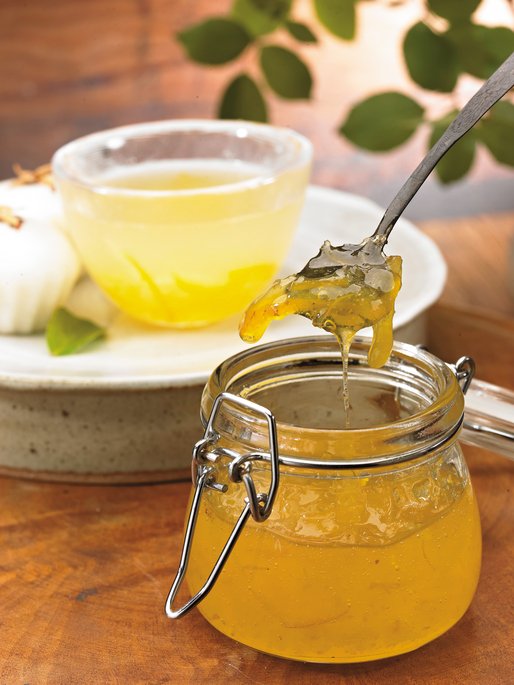
Chrysanthemum tea
Chrysanthemum tea is a fragrant and soothing herbal tea made from dried chrysanthemum flowers. It has a light and floral taste, with a hint of sweetness. Chrysanthemum tea is often enjoyed hot, but can also be served over ice for a refreshing iced tea option. It is believed to have calming and cooling properties, making it a popular choice during the hot summer months. Chrysanthemum tea is known for its delicate aroma and is often enjoyed as a relaxing and stress-relieving beverage.
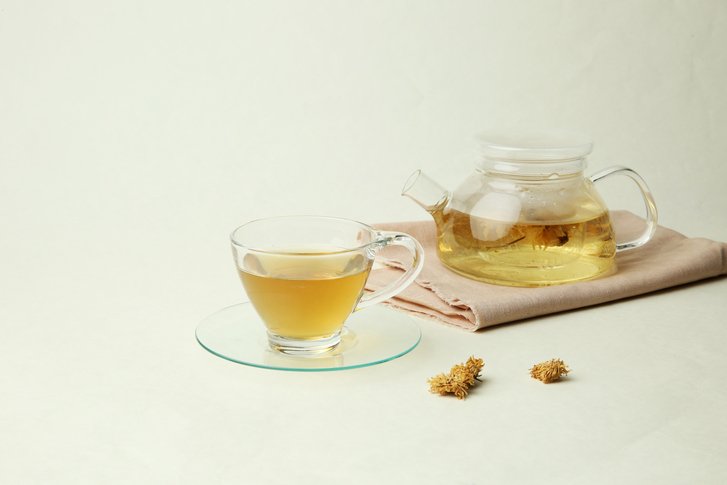
Daechu tea
Daechu tea, also known as dried jujube tea, is a traditional Korean beverage made from dried red dates. It has a sweet and slightly caramelized flavor, with a rich and comforting aroma. Daechu tea is often enjoyed hot and is commonly consumed during the winter months for its warming properties. It is believed to have various health benefits, including improving digestion and boosting energy levels. Daechu tea is a soothing and nourishing drink that is loved by many for its natural sweetness and nutritional value.
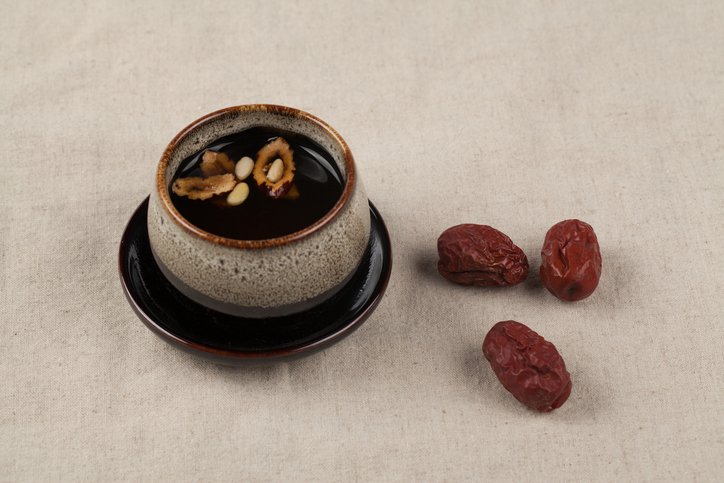
Traditional Korean Teas
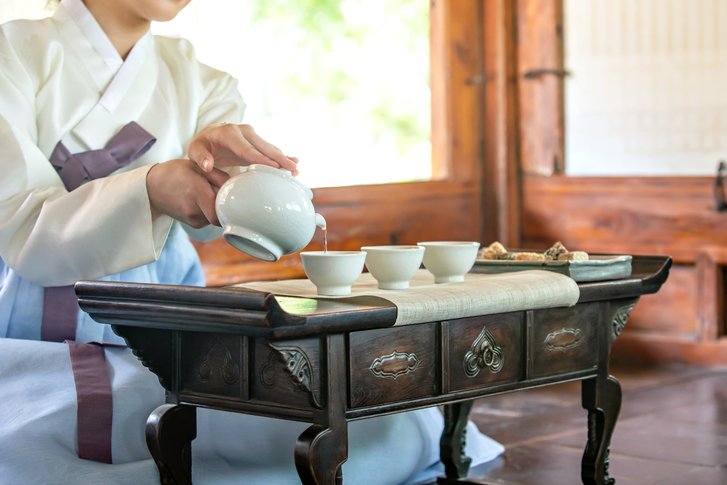
Green plum tea
Green plum tea is a unique and tangy beverage made from young green plums. It has a slightly sour and fruity taste, with a refreshing and thirst-quenching quality. Green plum tea is often enjoyed chilled and is popular during the summer months. It is believed to aid digestion and relieve fatigue, making it a refreshing and invigorating drink. Green plum tea is a traditional Korean tea that is cherished for its distinct flavor and natural health benefits.
Corn tea
Corn tea, also known as oksusu cha, is a popular roasted grain tea that is commonly consumed in Korea. It is made from roasted corn kernels, which give the tea a rich and toasty flavor. Corn tea has a nutty and earthy taste, with a slightly sweet aftertaste. It is often enjoyed hot or cold and can be found in both traditional teahouses and modern cafes throughout Korea. Corn tea is a comforting and comforting beverage that is loved for its unique flavor and warming properties.
Barley tea
Barley tea, also known as boricha, is a staple Korean tea that is made from roasted barley grains. It has a mild and nutty flavor, with a slightly toasted aroma. Barley tea is often enjoyed cold and is a popular choice for hydration during the hot summer months. It is caffeine-free and naturally sweet, making it a healthy and refreshing alternative to sugary drinks. Barley tea is commonly served as a complimentary beverage in Korean restaurants and is a go-to option for those seeking a light and flavorful tea option.
Sungnyung
Sungnyung is a traditional Korean beverage made from leftover rice grains that have been roasted and boiled. It is similar to a rice broth and has a comforting and nutty flavor. Sungnyung is often enjoyed hot and is typically consumed as a post-meal drink. It is believed to aid digestion and promote overall wellness. Sungnyung is a simple yet satisfying beverage that reflects the resourcefulness and sustainability of Korean cuisine.
Yulmu
Yulmu, also known as Job’s tears grain, is a nutritious and wholesome beverage in Korean culture. It is made from the dried seeds of the Job’s tears plant, which have a slightly nutty and earthy flavor. Yulmu is often enjoyed as a hot tea or blended into a smoothie for a healthy and energizing drink. It is believed to have various health benefits, including improving digestion and strengthening the immune system. Yulmu is a versatile ingredient that is loved for its distinct taste and nutritional value.
Korean Energy Drink
Bacchus
Bacchus is a popular Korean energy drink that is designed to boost energy and help combat fatigue. It contains a blend of vitamins, minerals, and herbal extracts, including ginseng, taurine, and caffeine. Bacchus has a sweet and slightly herbal taste, with a fizzy and refreshing texture. It is often consumed as a pick-me-up during long workdays or before physical activities. Bacchus is a go-to choice for those seeking a quick and effective energy boost in a convenient drink format.
In conclusion, Korean beverages offer a wide range of flavors and options for both alcoholic and non-alcoholic preferences. From the traditional and refined taste of soju and cheongju to the refreshing sweetness of banana milk and omija tea, there is something for everyone to enjoy. Whether you are looking for a unique and culturally-rich drinking experience or a revitalizing and health-conscious beverage, exploring the world of Korean drinks is sure to delight your taste buds and quench your thirst. Cheers to discovering the diverse and delicious world of Korean beverages!

